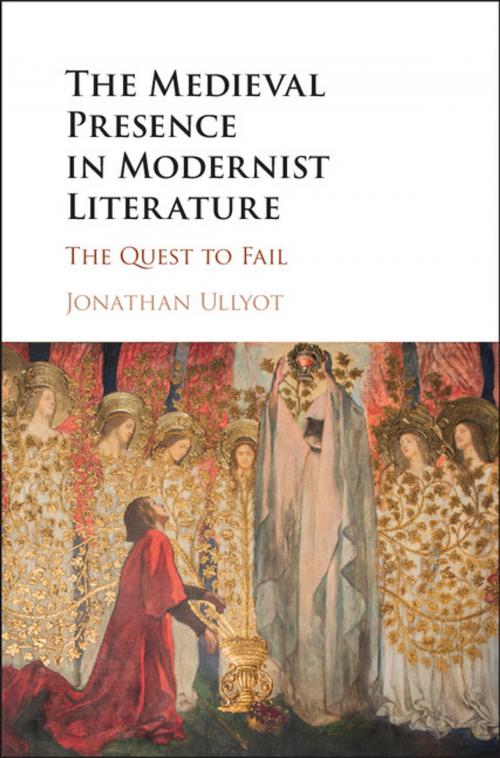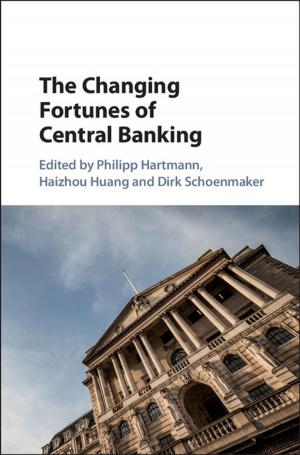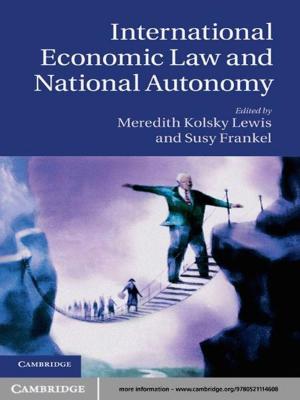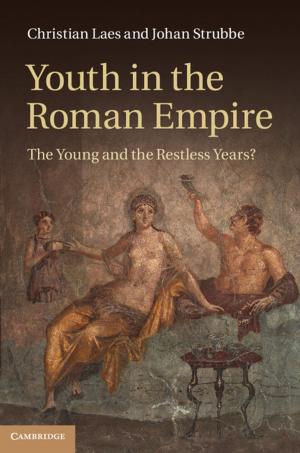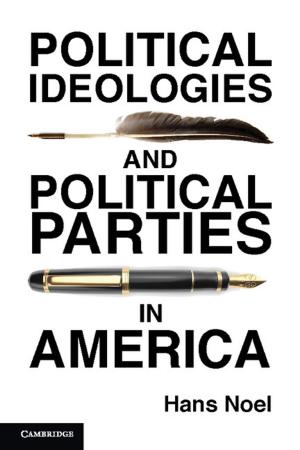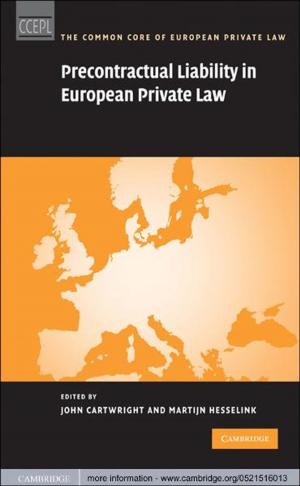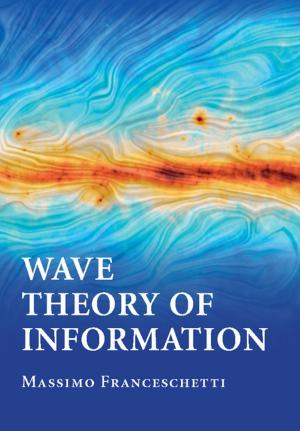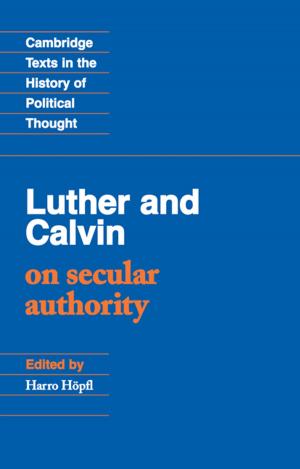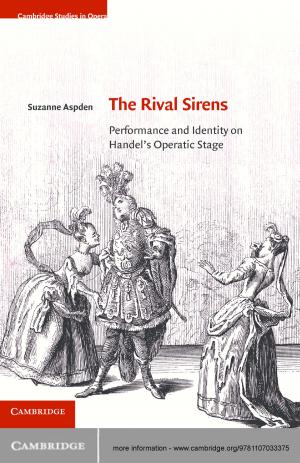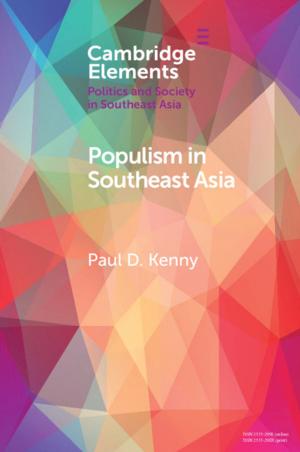The Medieval Presence in Modernist Literature
The Quest to Fail
Fiction & Literature, Literary Theory & Criticism, Ancient & Classical, British| Author: | Jonathan Ullyot | ISBN: | 9781316461594 |
| Publisher: | Cambridge University Press | Publication: | November 24, 2015 |
| Imprint: | Cambridge University Press | Language: | English |
| Author: | Jonathan Ullyot |
| ISBN: | 9781316461594 |
| Publisher: | Cambridge University Press |
| Publication: | November 24, 2015 |
| Imprint: | Cambridge University Press |
| Language: | English |
Jonathan Ullyot's The Medieval Presence in Modernist Literature rethinks the influence that early medieval studies and Grail narratives had on modernist literature. Through examining several canonical works, from Henry James' The Golden Bowl to Samuel Beckett's Molloy, Ullyot argues that these texts serve as a continuation of the Grail legend inspired by medieval scholarship of the late nineteenth and early twentieth centuries. Rather than adapt the story of the Grail, modernist writers intentionally failed to make the Grail myth cohere, thus critiquing the way a literary work establishes its authority by alluding to previous traditions. While the quest to fail is a modernist ethic often misconceived as a pessimistic response to the collapse of traditional humanism, the modernist writings of Eliot, Kafka, and Céline posit that the possibility of redemption presents itself only when hope has finally been abandoned.
Jonathan Ullyot's The Medieval Presence in Modernist Literature rethinks the influence that early medieval studies and Grail narratives had on modernist literature. Through examining several canonical works, from Henry James' The Golden Bowl to Samuel Beckett's Molloy, Ullyot argues that these texts serve as a continuation of the Grail legend inspired by medieval scholarship of the late nineteenth and early twentieth centuries. Rather than adapt the story of the Grail, modernist writers intentionally failed to make the Grail myth cohere, thus critiquing the way a literary work establishes its authority by alluding to previous traditions. While the quest to fail is a modernist ethic often misconceived as a pessimistic response to the collapse of traditional humanism, the modernist writings of Eliot, Kafka, and Céline posit that the possibility of redemption presents itself only when hope has finally been abandoned.
